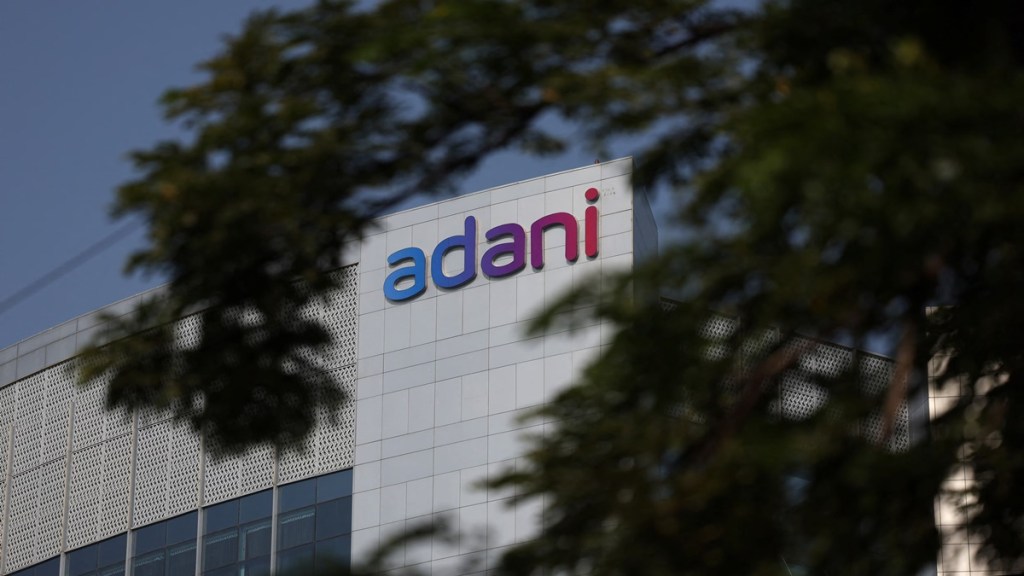In significant relief to the Adani Group, the Securities and Exchange Board of India (Sebi) announced on Thursday that it is dismissing all allegations made by US short-seller (now defunct) Hindenburg Research.
In two separate orders, Sebi said that after investigating, it could not ‘establish’ the allegations against Gautam Adani and the Adani Group of companies, including Adani Ports and Adani Power.
“Accordingly, having considered the matter holistically, I find that the allegations made against notices in the show cause notice SCN are not established. Considering the above, the question of devolvement of any liability on notices does not arise and hence the question of determination of quantum of penalty also does not require any deliberation. I, hereby dispose of the instant proceedings against notices without any direction,” said Kamlesh Varshney, whole-time member.
Market sources said the clean chit to the group would give confidence to global marquee investors waiting in the wings to invest. Currently, the group has around $16 billion investments from global investors. This could go up by another $5 billion in the next few months, they added.
What was Hindenburg’s claim
In January 2023, Hindenburg had alleged that the Adani Group used three companies – Adicorp Enterprises, Milestone Tradelinks, and Rehvar Infrastructure – as conduits to route money between Adani group firms. The claim was that this helped Adani avoid rules on related party transactions, possibly misleading investors.
In its investigation, Sebi said it found that Adani Ports had transferred funds to Adicorp Enterprises, which provided the funds as loans to Adani Power. However, Adani Power repaid the loans to Adicorp Enterprises, which later repaid it to Adani Ports with interest.
Similarly, in another case that it was investigating, Adani Ports transferred funds to Milestone Tradelinks as loan, which were later transferred to Adani Power. But Adani Power repaid the loan to Milestone Tradelinks, which later repaid it to Adani Ports with interest.
The critical issue was whether these transactions, routed via Milestone and Rehvar, should be treated as “in substance” related party transactions (RPTs).
The market regulator found that all loans were fully repaid with interest within the investigation period (FY 2018–19 to 2022–23).
In addition, the expanded definition of RPTs (covering indirect/conduit transactions) only came into force from April 1, 2023. Hence, during the investigation period, such indirect routing was not explicitly covered under law.
“Thus, loans were given and repaid with interest in various tranches during the investigation period,” the order said, adding that plain reading of the LODR Regulations reveals that transactions between a listed company with unrelated party is not covered within the definition of “RPTs” as it existed during the time when impugned transactions took place.
What did the SEBI order say?
While Sebi noted that while the transactions raised internal governance concerns, such as whether a company acted beyond the scope of its MOA (memorandum of understanding), it falls outside its regulatory mandate and lie beyond its jurisdiction, particularly in the case of unlisted companies or entities not associated with the securities market under the Sebi Act
The order also noted that allegations against Gautam Adani, Rajesh Adani, and Jugeshinder Singh (CFO) were not sustained since there was no evidence of deliberate concealment or fraud.
Hindenburg’s report in 2023 had also alleged that Adani Group’s chairman Gautam Adani added more than $100 billion in the past three years, largely through “stock price appreciation in the group’s 7 key listed companies, which spiked an average of 819 per cent in that period.
The report triggered a major sell-off, causing Adani Group’s stock prices to plummet by over 70 per cent in some cases, leading to a loss of over $150 billion in market value.
The Adani Group had denied all allegations, calling them “baseless” and a “malicious attempt to undermine” the company. They claimed Hindenburg’s report is motivated by their short position against the Adani Group, where they stand to gain financially if the stock price falls.
Following the controversy, the Sebi launched an investigation into both Hindenburg and the Adani Group.
